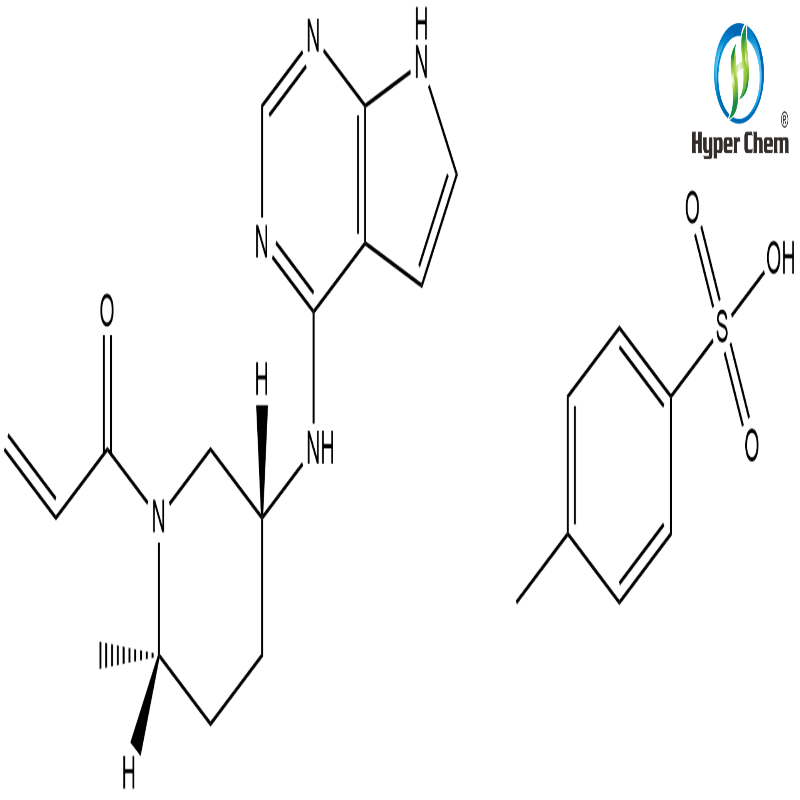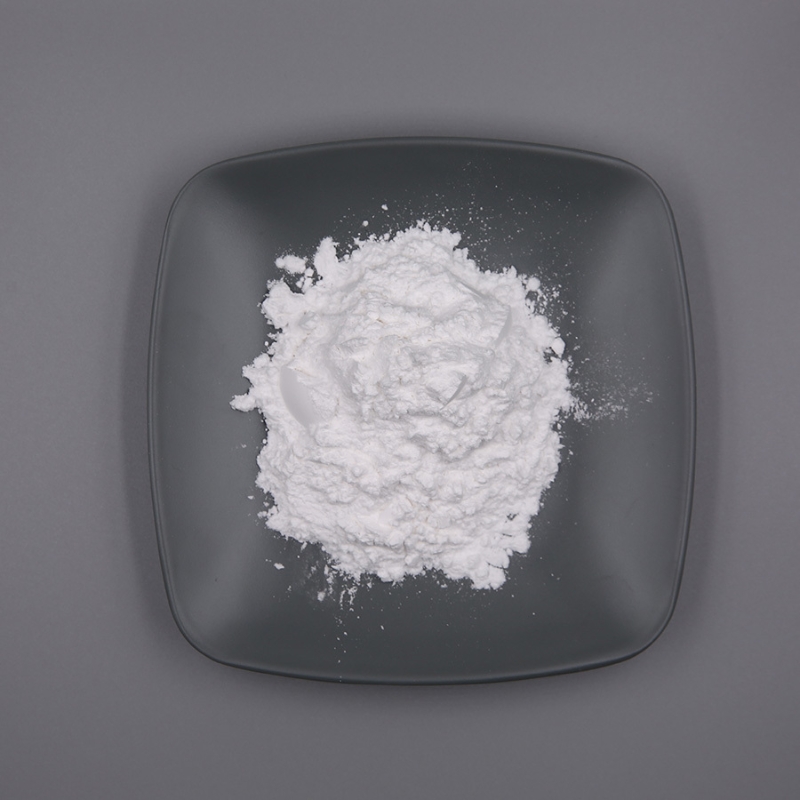Nature: breakthrough! Scientists have successfully reprogrammed T cells to improve the effectiveness of cancer immunotherapy!
-
Last Update: 2019-12-16
-
Source: Internet
-
Author: User
Search more information of high quality chemicals, good prices and reliable suppliers, visit
www.echemi.com
December 16, 2019 / BIOON / -- recently, in a research report published in the international journal Nature, scientists from Saint Jude Children's research hospital and other institutions have developed a new treatment strategy to effectively enhance cancer immunotherapy, which may effectively slow down the growth of tumor and prolong the life span of mice with cancer This study found that it may provide a promising strategy for the development of more effective adoptive cell therapy, such as car T-cell therapy; immunotherapy aims to utilize patients' own tumors Specific T cells are used for cancer treatment Before these T cells are reinjected into the patient's body, researchers will collect and expand their functions When they are reinjected into the patient's body, some patients will have a significant response to the treatment, while the adoptive cell therapy may not be able to effectively resist solid tumors Photo source: Jun Wei et al Nature (2019) Doi: 10.1038/s41586-019-1821-z, said Hongbo Chi, researcher Our purpose is to increase the persistence and antitumor efficiency of tumor specific T cells Our research findings may provide us with a way to reprogram tumors Specific T cells make it as durable as long-lived primitive or memory T cells, and at the same time, it can show strong killing activity as normal effector T cells In this paper, the researchers use crispr-cas9 technology to identify a special enzyme molecule in tumor specific T cells, which is similar to the "brake", which can shut down the anti-tumor immune response of the body When the enzyme molecule named reverse-1 is removed, the T cells will become long-lived, and the efficacy and in tumors The amount of accumulation in will increase, the lifespan of mice will be prolonged when they are treated with T cells without rgase-1, and the tumor size in these mice will also be reduced compared with mice treated with conventional T cells (wild type) Researcher Jun Wei said that previous researchers have found that regenase-1 can limit the activation of T cells In this study, we found that regenase-1 can also inhibit two important T cell signaling pathways After screening with crispr-cas9, researchers found that the transcription factors BATF and Tcf-1 may be the targets of regenase-1 The researchers pointed out that BATF can drive the metabolism of T cells to enhance t-fine The accumulation of cells and the ability to kill tumor cells, while Tcf-1 can promote the longevity of T cells, the traditional view is that the above process is interactive, increasing the anti-tumor activity of T cells means that T cells become longer, but the results of this study found that in fact, it may not be so According to the researchers, combination therapy may be the key to the clinical success of cancer immunotherapy For this reason, the researchers also want to provide more insights on the clinical potential of the research findings After the second crispr-cas9 screening, the researchers identified two more relevant molecules When these molecules (signal factors PTPN2 and SOCS1) were removed together with the regenase-1 The expression of T cells in cancer immunotherapy will be significantly improved in mice PTPN2 and SOCS1 may not depend on the function of regenase-1 Later researchers will conduct more in-depth research to clarify how to develop new anti-cancer therapy through the targeted effect of regenase-1 Original source: Wei, J., long, L., Zheng, W et al Targeting purpose-1 programs long-live effector T cells for cancer therapy Nature (2019) doi: 10.1038/s41586-019-1821-z
This article is an English version of an article which is originally in the Chinese language on echemi.com and is provided for information purposes only.
This website makes no representation or warranty of any kind, either expressed or implied, as to the accuracy, completeness ownership or reliability of
the article or any translations thereof. If you have any concerns or complaints relating to the article, please send an email, providing a detailed
description of the concern or complaint, to
service@echemi.com. A staff member will contact you within 5 working days. Once verified, infringing content
will be removed immediately.







